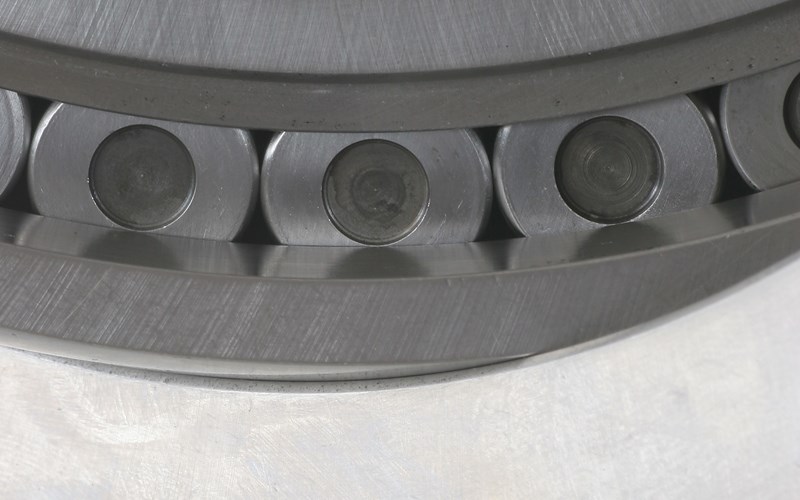Welcome to Sino Bearings web
24x7 HOTLINE:+86-28-81454188

 TECHNOLOGY
TECHNOLOGY When it comes to bearings, it’s important to find the right parts for your exact needs. However, that’s not always possible if you only look for standard parts.
When it comes to bearings, it’s important to find the right parts for your exact needs. However, that’s not always possible if you only look for standard parts.
When it comes to standard bearings, it’s not uncommon for them to be either over- or under-qualified to perform specific tasks for your application. It’s like trying to dig a fence hole post in your backyard. You wouldn’t use an excavator because it’s overkill. On the flipside, a regular gardening shovel won’t allow you to do the job nearly as easily or efficiently as a more complex option. Neither option is really right for your needs, which is why it’s better to find a solution that addresses your direct concerns without being unnecessary.
When standard parts just won’t do, custom bearing engineering can help you find the perfect solution for your performance and pricing needs. Here are four reasons why custom bearing parts can be in your best interest.
Overspecification Complexity Materials Avoid overspecificationSometimes standard bearing parts offer more performance capabilities than your application will ever need. Most standard bearings are built to accommodate a wide range of applications, which means they have qualities that may (or may not) be best suited to your application. For example, they may:
Carry loads heavier than your application requires Be capable of handling faster speeds than your application requires Have tolerances that are unnecessary for most applications Include extra components that create space concernsRegardless of whether you need them, you are paying for these qualities. Even with the added engineering cost included, a custom bearing may be less expensive after stripping away all the bells and whistles of a standard bearing. Also, spending extra money on features you don’t need can drive up production cost, which can impact the price of your end product. Ultimately, you should only pay for what you need, which is one good reason why a custom design can be in your best interest.
Invest in complexity when necessaryWhile some standard bearings offer unnecessary qualities that drive up cost, there are situations where your application may require a degree of design complexity. Unfortunately, standard bearings operate on a “one-size fits all” mindset. Unlike adjustable wristwatches or baseball caps, you can’t modify a standard bearing; what you see is what you get.
Custom-engineered bearings allow you the freedom to design a product without having to base it on the specifications (or lack thereof) of a standard part. This means you pay for the features you actually need while streamlining other qualities. A bearing engineer can help you simplify certain features to reduce the cost of a project and eliminate other potential headaches. For example, that streamlined design can prevent you from needing to alter your application’s design to accommodate a standard part.
There’s also the chance that your bearing needs may require a special design to meet certain qualifications that simply aren’t available to any off-the-shelf solution. That’s where a custom-engineered bearing can be made to fit your specific needs, allowing you to maintain your design vision without being hindered by a part’s limitations.
Identify new material optionsSometimes standard bearing solutions just aren’t made of the right stuff to succeed – literally. Not all projects are created equal, but all standard parts are. That means that a typical standard series is often manufactured from chrome steels. That’s fine for certain applications, but a chrome steel bearing can deteriorate quickly in certain environments.
If broken parts aren’t bad enough, improper materials can also pose problems elsewhere. For example, a corroding bearing can create major issues for food processing applications and other environments with food safety concerns or clean-room specifications.
If a bearing isn’t broken, you don’t have to fix it. The simplest way to prevent bearing failure is to ensure that it is custom made to fit your design’s specifications. Utilizing options like investing in stainless steel, plastic, ceramic, or other material solutions can help you address specific concerns, including but not limited to:
Corrosion-resistance Vacuum and magnet compatibility Biocompatibility Invest in the right part solutions with custom bearingsWhile some major bearing manufacturers will expect you to select from an existing option and make it work, you shouldn’t feel the need to shy away from custom parts designed for your exact needs. Ritbearing has the resources and relationships with world-class bearing manufacturers to address your individual needs and develop a custom bearing designed around your application. Contact today to talk to one of our product engineers about your bearing needs.